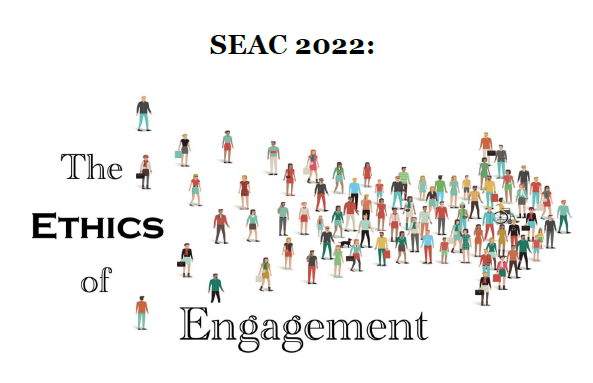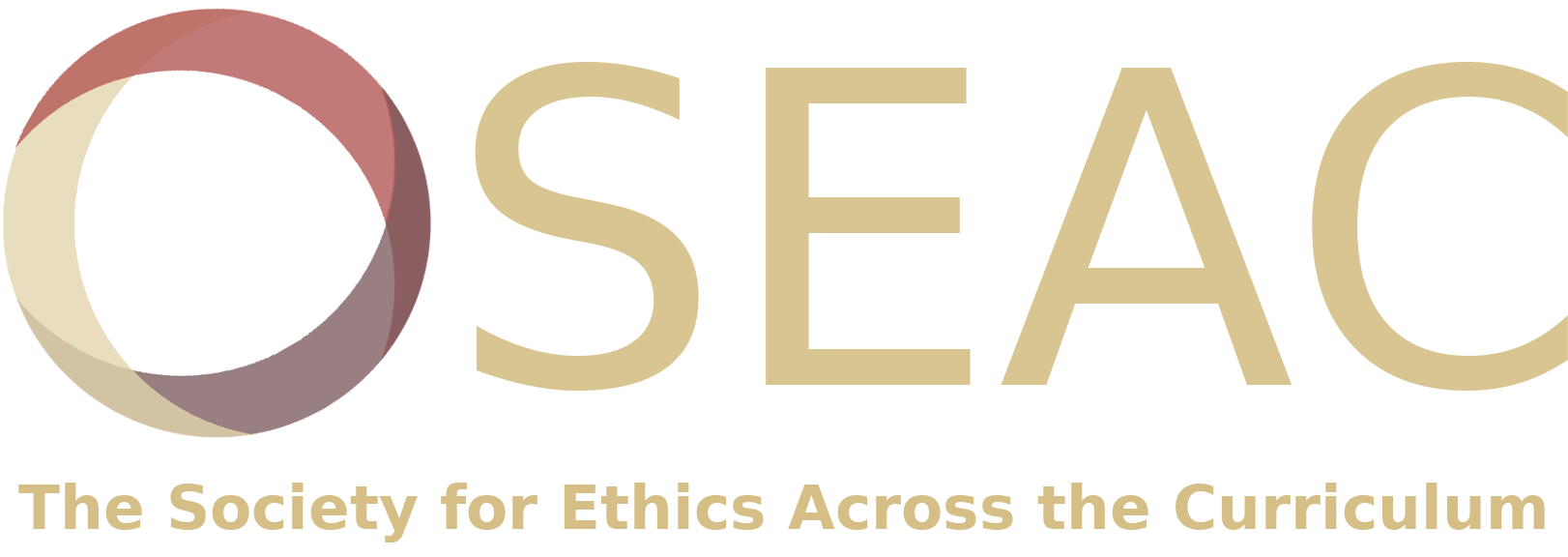
Concurrent Session 1C
Location
Ford Ballroom C, The Inn at Ole Miss
Start Date
6-10-2022 11:00 AM
End Date
6-10-2022 12:15 PM
Description
- Transgender and Gender Nonconforming Inequalities in Healthcare / Brooke Alder, Mississippi University for Women
Lack of lesbian, gay, bisexual, transgender, queer, or questioning (LGBTQ+) focused education in nursing schools contributes to a variety of healthcare disparities within a community that already faces marginalization and increased health risks. These inequalities include decreased access to care, increased stigma and discrimination, increased substance use, and mental and sexual health disparities. Under the guidance of [omitted to preserve anonymity], I completed an independent research study focusing on transgender and gender nonconforming (TGNC) inequalities in healthcare. My research revealed a lack of LGBTQ+ education in undergraduate nursing programs. Furthermore, studies found that schools in the southern United States taught fewer hours of content and fewer topics overall than any other region. In my presentation, I would like to present some personal narratives from TGNC patients navigating this unjust healthcare system, as well as some remarks from healthcare professionals working with this population. Then, I will address the importance of integrating LGBTQ+ or TGNC healthcare issues in undergraduate Nursing programs and suggest some possible means of integration such as school-initiated faculty training, toolkits, and standardized nursing-specific educational resources. Institutional engagement will be necessary to facilitate collaboration among faculty. - What Can We Do About Environmental Ethics?: The Stasis of Strategy and the Practical Lessons of Environmental Communication / Tom Duncanson, Green Citizen Diplomacy Project
After the careful discernment of an environmental problem, thoughtful analysis of the issue using ethical theory, and the deliberate formulation of policy responses, comes a stasis of great interest to many students-- the strategic and tactical consideration of how one goes about effectively acting on their environmental ethics. This presentation provides teachers and potential environmental advocates with ten brief case studies illustrating the obstacles to effective environmental communication including (1) the fear of communicating in public, (2) the institutional obstacles to participation, the current trap (3) of being positive or negative, hopeful or angry, and strategies and tactics for increasing the likelihood of success, including (4) knowing the likely problems going in and planning to surmount them, (5) going "meta" when the usual talk does not work, making the communication itself the issue (6) the uses of shame, (7) showing and telling and toxic tours, (8) juxtaposing human realities with institutional arguments, (9) answering insults and the jobs challenge, and (10) the luxury of celebrity endorsement. Cases briefly but incisively documented include classics such as Love Canal and old growth forest in the U.S. and Canadian Pacific Northwest, but also much newer cases such as persistent noise pollution problems, closing coal fired electricity generating plants in Chicago, the sanitation campaigns of India, stopping dam building in Brazil, and failures of the United Nations Framework Convention on Climate Change negotiations.
Session Chair: Timothy Yenter, University of Mississippi
Relational Format
conference proceeding
Recommended Citation
Alder, Brooke; Duncanson, Tom; and Yenter, Timothy, "Concurrent Session 1C" (2022). Society for Ethics Across the Curriculum Conference. 5.
https://egrove.olemiss.edu/seac/2022/schedule/5
COinS
Oct 6th, 11:00 AM
Oct 6th, 12:15 PM
Concurrent Session 1C
Ford Ballroom C, The Inn at Ole Miss
- Transgender and Gender Nonconforming Inequalities in Healthcare / Brooke Alder, Mississippi University for Women
Lack of lesbian, gay, bisexual, transgender, queer, or questioning (LGBTQ+) focused education in nursing schools contributes to a variety of healthcare disparities within a community that already faces marginalization and increased health risks. These inequalities include decreased access to care, increased stigma and discrimination, increased substance use, and mental and sexual health disparities. Under the guidance of [omitted to preserve anonymity], I completed an independent research study focusing on transgender and gender nonconforming (TGNC) inequalities in healthcare. My research revealed a lack of LGBTQ+ education in undergraduate nursing programs. Furthermore, studies found that schools in the southern United States taught fewer hours of content and fewer topics overall than any other region. In my presentation, I would like to present some personal narratives from TGNC patients navigating this unjust healthcare system, as well as some remarks from healthcare professionals working with this population. Then, I will address the importance of integrating LGBTQ+ or TGNC healthcare issues in undergraduate Nursing programs and suggest some possible means of integration such as school-initiated faculty training, toolkits, and standardized nursing-specific educational resources. Institutional engagement will be necessary to facilitate collaboration among faculty. - What Can We Do About Environmental Ethics?: The Stasis of Strategy and the Practical Lessons of Environmental Communication / Tom Duncanson, Green Citizen Diplomacy Project
After the careful discernment of an environmental problem, thoughtful analysis of the issue using ethical theory, and the deliberate formulation of policy responses, comes a stasis of great interest to many students-- the strategic and tactical consideration of how one goes about effectively acting on their environmental ethics. This presentation provides teachers and potential environmental advocates with ten brief case studies illustrating the obstacles to effective environmental communication including (1) the fear of communicating in public, (2) the institutional obstacles to participation, the current trap (3) of being positive or negative, hopeful or angry, and strategies and tactics for increasing the likelihood of success, including (4) knowing the likely problems going in and planning to surmount them, (5) going "meta" when the usual talk does not work, making the communication itself the issue (6) the uses of shame, (7) showing and telling and toxic tours, (8) juxtaposing human realities with institutional arguments, (9) answering insults and the jobs challenge, and (10) the luxury of celebrity endorsement. Cases briefly but incisively documented include classics such as Love Canal and old growth forest in the U.S. and Canadian Pacific Northwest, but also much newer cases such as persistent noise pollution problems, closing coal fired electricity generating plants in Chicago, the sanitation campaigns of India, stopping dam building in Brazil, and failures of the United Nations Framework Convention on Climate Change negotiations.
Session Chair: Timothy Yenter, University of Mississippi


